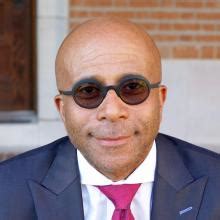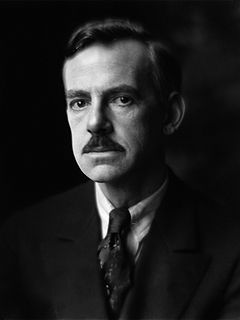A Quote by Peter Bergen
European countries simply do not have the ideological framework the United States has in the shape of the 'American dream' that has helped to absorb successfully wave after wave of immigration to the States, including Muslim Americans who are well integrated into American society. There is no analogous French dream or German dream.
Related Quotes
The American Dream has really good PR. It's kind of difficult to live in the United States and not on some level be pulled into the allure of the American Dream. It's in the DNA of the country. So, for a population coming out of slavery, desperate to become part of the full life of the United States, it only makes sense that they would embrace this route to the American Dream.
My fellow Americans, this is an amazing moment for me. To think that a once-scrawny boy from Austria could grow up to become governor of the state of California and then stand here... then stand here in Madison Square Garden and speak on behalf of the president of the United States - that is an immigrant's dream. It is the American dream.
To read 'Happy Talk' is to crash a party as vivid and surreal as Felini's 8. It's the business of show business, the American dream, told by a chorus of Americans locked just outside of that dream, outside of the United States, relegated to expatriate status on the shores of Haiti. Melo paints a version of Haiti that's an interior landscape perhaps even more than an externalized place. This Haiti is a plan, a memory, a morphine-drip fueled dream out to bond its inhabitants forever.
If we trace origins of anarchism in the United States, then probably Henry David Thoreau is the closest you can come to an early American anarchist. You do not really encounter anarchism until after the Civil War, when you have European anarchists, especially German anarchists, coming to the United States. They actually begin to organize. The first time that anarchism has an organized force and becomes publicly known in the United States is in Chicago at the time of Haymarket Affair.
The list of American grievances is long: Pakistan developed nuclear weapons while promising the United States that it would not; the United States helped arm and train Mujahideen against the Soviets during the 1980s, but Pakistan chose to keep these militants well armed and sufficiently funded even after the Soviet withdrawal in 1989; and, from the American perspective, Pakistan's crackdown on terrorist groups, particularly after 9/11, has been halfhearted at best.
































